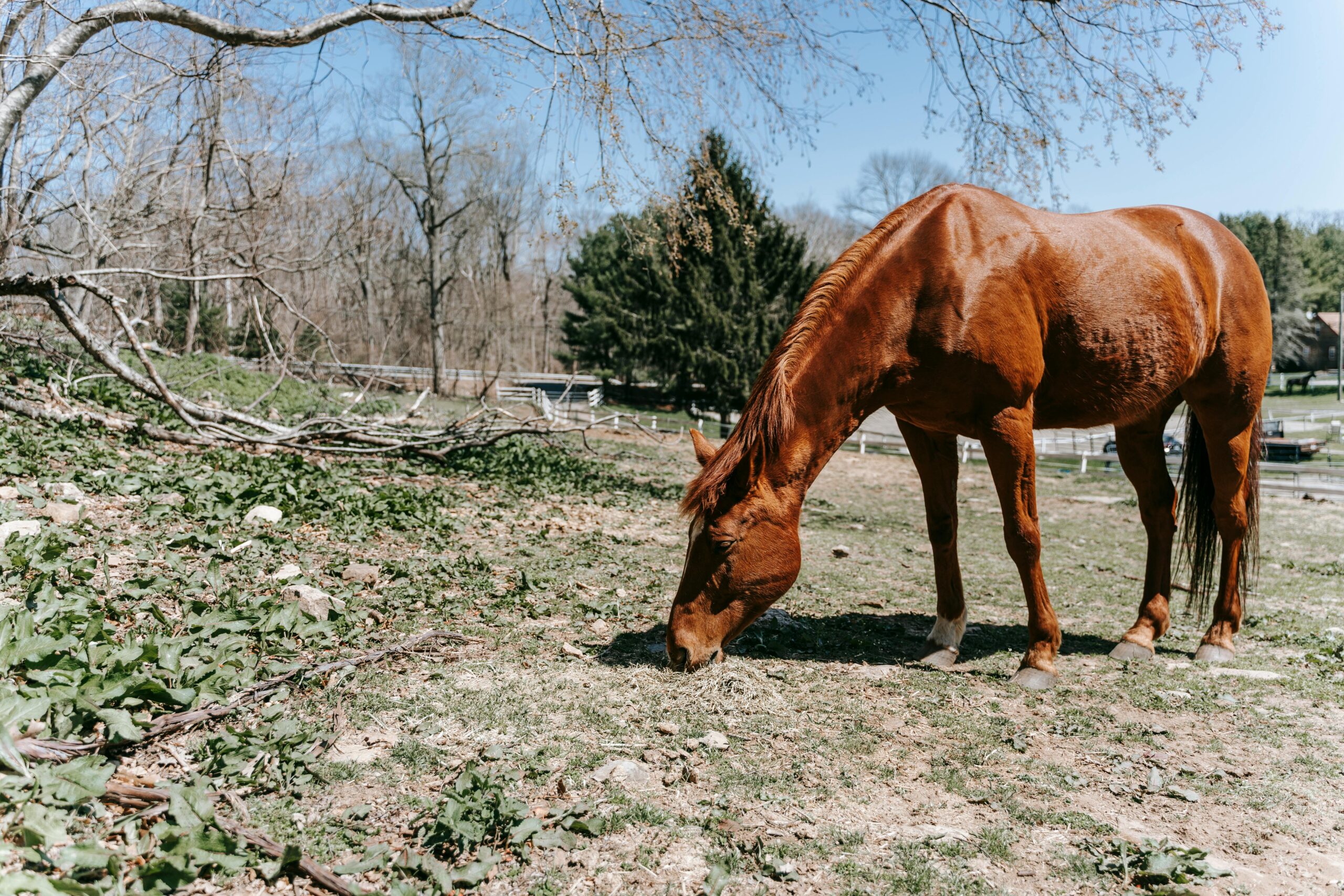Internal parasites are a constant concern in horse care, as they can silently impact your horse’s health, performance, and well-being. Effective deworming isn’t just about giving your horse a paste every few months—it’s about implementing a smart, evidence-based strategy that balances treatment and prevention.
The Changing Landscape of Deworming
Historically, rotational deworming—administering different classes of dewormers every 6–8 weeks—was standard practice. However, this approach has led to growing resistance among parasite populations, particularly strongyles, making some dewormers far less effective than they once were.
Veterinary experts now recommend a more targeted approach known as strategic deworming. This method involves using fecal egg count tests to determine the parasite load in individual horses, then only deworming those who need it.
Understanding Fecal Egg Counts
A fecal egg count (FEC) measures the number of parasite eggs per gram of manure. Most adult horses have developed some natural resistance to parasites, and only about 20% of horses in a herd shed 80% of the parasite eggs. By testing each horse in the spring and fall, you can identify high shedders and focus your treatment efforts appropriately.
Low egg counts often don’t require immediate deworming, saving your horse unnecessary chemical exposure and helping slow resistance.
Choosing the Right Dewormer
There are several classes of dewormers (anthelmintics), each targeting different parasites:
Ivermectin and moxidectin: Effective against bots and strongyles
Pyrantel: Targets roundworms and some tapeworms
Fenbendazole and oxibendazole: Useful for certain stages of strongyles and pinworms
Praziquantel: Specifically for tapeworms
Avoid using the same type repeatedly without testing effectiveness. Your vet may recommend a fecal egg count reduction test (FECRT) to ensure the dewormer is working.
Key Deworming Times
Even with a targeted program, strategic timing is important. Key periods include:
Spring: When parasite loads begin to increase
Late Fall: Often recommended for bots and tapeworms
Foals and young horses: Require more frequent deworming due to underdeveloped immunity
Always consult your vet to tailor a plan based on age, environment, and local parasite risks.
Environmental Management Is Essential
Chemical control is only part of the equation. You must also reduce environmental exposure:
Pick manure from paddocks regularly
Rotate pastures and avoid overgrazing
Cross-graze with ruminants when possible
Don’t feed horses directly on the ground
Conclusion
Managing parasites effectively requires more than routine dosing—it requires strategic decision-making, testing, and smart pasture management. By embracing a targeted approach, you not only protect your horse’s health but also contribute to the long-term effectiveness of deworming medications for the entire equine community.




